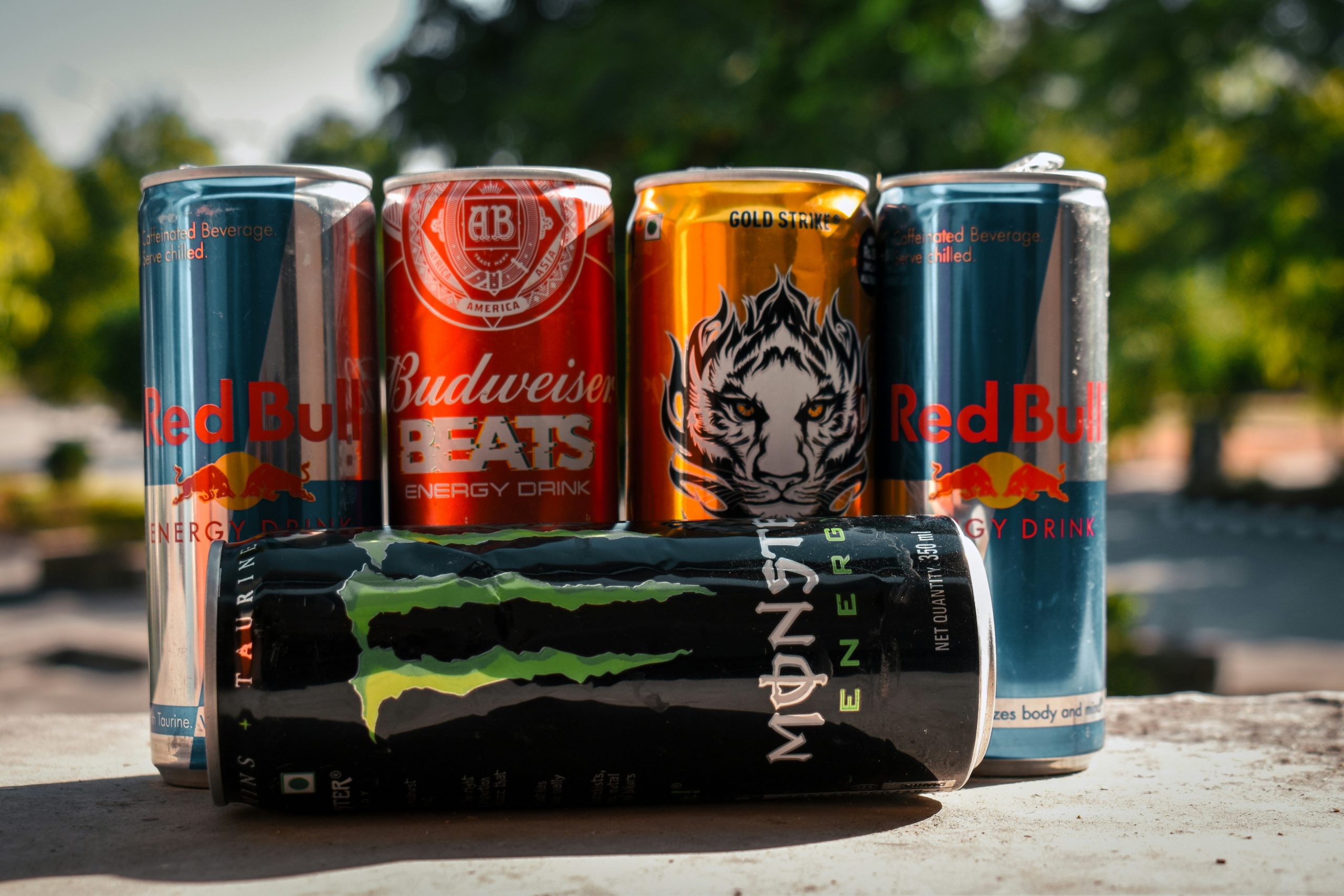Consuming Energy Drink to level up your stamina is a big No; you are compromising more than gaining from it!
The consumption of energy drinks has increased tremendously in the last two decades. Manufacturers of these energy drinks have resorted to aggressive marketing techniques to woo their audiences, especially teenagers and youngsters. While these makers claim that these drinks provide them with instant physical and mental energy, most of us know that there is more to these drinks than what meets the naked eye.
In this article, we will see more about the consumption pattern of these energy drinks and their impact on consumers.
The emergence of energy drinks
While the energy drink was introduced in the USA in the 1940s, and in Europe in the 1980s, it was not until 1997 that this segment got popular. This was the year Red Bull was introduced, and the energy drink consumption shot up immensely. Energy drinks are usually high in caffeine content, to give that instant stimulation to one’s body and mind.
Hence, the main target audience of this segment was athletes and other sportspersons. However, with the popularity of the product and the marketing campaigns claiming magical things, these energy drinks became a huge hit among teenagers and youngsters, especially those between 13 and 35 years of age.
Major Components Found in Energy Drink
Almost all energy drinks contain huge amounts of caffeine, stimulants and other ingredients to provide an instant boost. Most of these drinks contain around 150mg of caffeine for 8 ounces. For the same amount of caffeine, you would have to drink a staggering 5 ounces of coffee!
Glucose, artificial sweeteners, taurine, ginseng, methylxanthines, creatine and carnitine are some of the other ingredients found in these energy drinks. There have been quite a few health concerns surrounding these ingredients. Though the manufacturers of energy drinks claim that their products provide instant energy, increased height, improved immunity and other benefits, medical science doesn’t support these claims.
Health risks associated with energy drinks
Consuming too much of caffeine and other stimulants can pose a lot of health concerns. According to doctors, regular consumption of energy drinks can lead to the following problems in youngsters and teenagers:
- Increased blood pressure in arteries and palpitations
- Dilation and in some cases disruption of arteries
- Gastrointestinal problems
- Insomnia
- Anxiety Disorders
- Violent behavior
- Increased risk of type 2 diabetes and obesity
- Renal issues and sodium loss
- Dental issues
Reasons for increased consumption of energy drinks
Though there have been continuous warnings from medical experts about the harmful effects of excessive caffeine consumption, the market for energy drinks has been booming always. Youngsters continued to get attracted to these drinks for many reasons:
- Aggressive marketing campaigns across various media featured some of the world’s top and most-loved sports celebrities
- Different brands introducing interesting flavors of energy drinks claiming long-lasting health benefits
- Consumption of energy drinks was a way of acting cool among peers
- During COVID-19, consumption of energy drinks increased considerably. During this phase, many people experienced fatigue and a general state of tiredness. They resorted to consuming energy drinks to keep themselves bright and rejuvenated. As a result, the energy drink market across the world grew tremendously during 2020-2021.
- Many brands introduced energy drinks as part of their “health drink” segment, claiming to have made them using natural ingredients; consumers bought this theory without realizing that manufacturers used the natural ingredients as a cover to conceal the excess caffeine quantity in their products
Current Scenario of Energy Drinks
In the last two years, young consumers across the world, have become very conscious of their health. Many people started to read the ingredients of energy drinks and understand more about these ingredients on Google. This alerted the manufacturers, and they had to bring in some key changes like the following:
- Some energy drink manufacturers started to cut down the caffeine content on their energy drinks, so that the sleep patterns of their consumers wouldn’t be disrupted.
- Some manufacturers have taken the initiative to replace the artificial sweeteners/products in their energy drinks with natural, plant-based ingredients. As a result, you may find many energy drinks in the market today containing a few healthy ingredients like ginger, sage, moringa, nuts and the like.
- Understanding the preference of “health-conscious consumers” towards Ayurveda-based drinks, many manufacturers have started to include a lot of herbal ingredients to make their beverages.
Can Pregnant Woman Consume Energy Drink?
“Yes, only if it is homemade lemonade, fresh fruit juice or natural coconut water,” says naturopath Ankita Mahajan. She further told that “pregnant ladies can drink Beetroot Kanji to enhance their energy levels.”
For a long time now, energy drinks have been criticized by health experts due to their extremely high caffeine content and artificial ingredients. We are happy that manufacturers have finally taken note of this and started making their products slightly healthier than before. However, this doesn’t make these energy drinks a recommended option!
If you are a professional sportsperson, you may consume healthier alternatives to energy drinks after discussing with your doctors. For the rest of you youngsters, a glass of fresh & healthy lemon juice with a dash of salt & sugar can give you a lot more freshness than all these energy drinks!
You can also join Yogymummy yoga classes to increase your stamina and energy and gain multiple health benefits from it!



